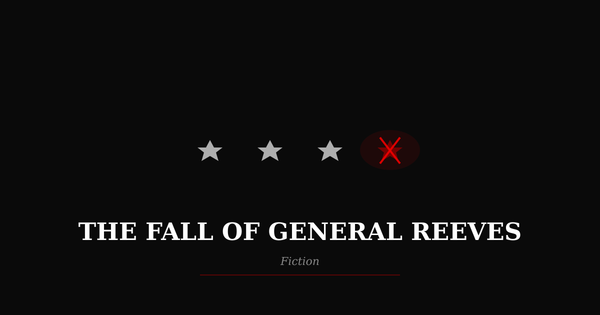Financial Advisors
Have only one answer
Is This a Job or a Chant?
It’s hard not to wonder: is financial advising a profession—or a performance? They speak in mantras: “Diversify.” “Buy low.” “Stick to the plan.” It all sounds smart until you realize it's the same set of phrases applied to every situation.
Imagine if other professionals acted this way.
Thanks for reading Burnt Ground! Subscribe for free to receive new posts and support my work.
You go to a doctor, tell her you’ve got a stabbing pain in your side. She says, “Walk it off. Bodies recover.”
You talk to a lawyer about a lawsuit. He tells you, “Just wait it out. The legal system tends to work in the long run.”
You call a plumber about a burst pipe, and she says, “Water finds its level. Trust the process.”
You’d lose your mind.
But with financial advisors, we accept it. Maybe because they say it with such calm assurance. Maybe because we want to believe it. Maybe because no one really understands this stuff, and it’s easier to nod along.
A Job Without Consequence?
Here’s the deal: it seems like an easy job.
If the market goes up, they say, “See? I told you to stay in.”
If it goes down, they say, “That’s why we’re in it for the long haul.”
If you make money, they get credit.
If you lose money, they blame “volatility” and remind you it’s temporary.
They’re Teflon-coated.
And let’s be honest—many of them aren’t picking your stocks. They’re selling a bundle. An ETF here, a mutual fund there, maybe a bit of “rebalancing” once in a while. They don’t time the market. They don’t hedge. They offer advice and collect a fee for making you feel okay about things no one really controls.
There’s value in that, I guess. But should it cost 1% of your portfolio every year?
What's the Real Role?
To be charitable, the best financial advisors are really behavioral coaches. Their real job is to keep you from doing something stupid—like panic selling at the bottom or jumping into a crypto pyramid scheme. In a world saturated with TikTok trading gurus and CNBC hype cycles, that restraint is probably worth something.
But let's not pretend it’s alchemy. They’re not predicting anything. They’re managing your fear.
And maybe that’s fine. Maybe it’s even necessary.
But here’s a radical thought: If all they’re going to say is “stay in,” maybe I don’t need to pay someone to say it. Maybe I write it on a sticky note, tape it to my desk, and call it a plan.
What We Really Want
The truth is, when we ask our financial advisors questions, we’re not always looking for a strategy. We’re looking for reassurance. For clarity. For someone to say, “Yes, the world is chaotic, but you’ll be okay.”
And to their credit, that’s what they provide. Not because they know—but because that’s the job.
Maybe it's not about having answers. Maybe it’s about not panicking.
Still, part of me wonders what would happen if one of them ever looked up and said, “You know what? This time really might be different. Let’s talk about that.”
Now that would be a conversation worth paying for.
Thanks for reading Burnt Ground! Subscribe for free to receive new posts and support my work.




